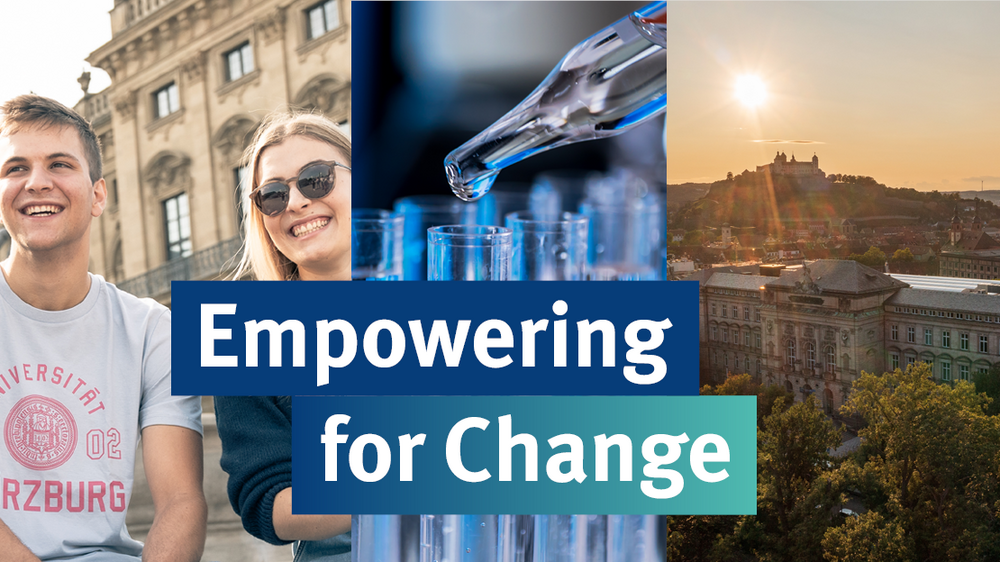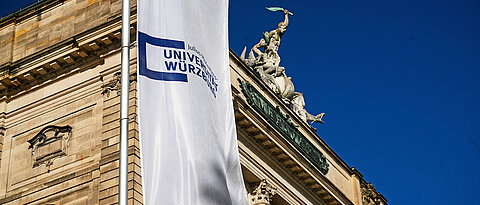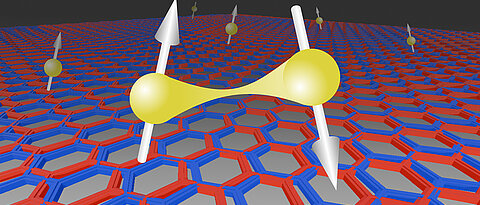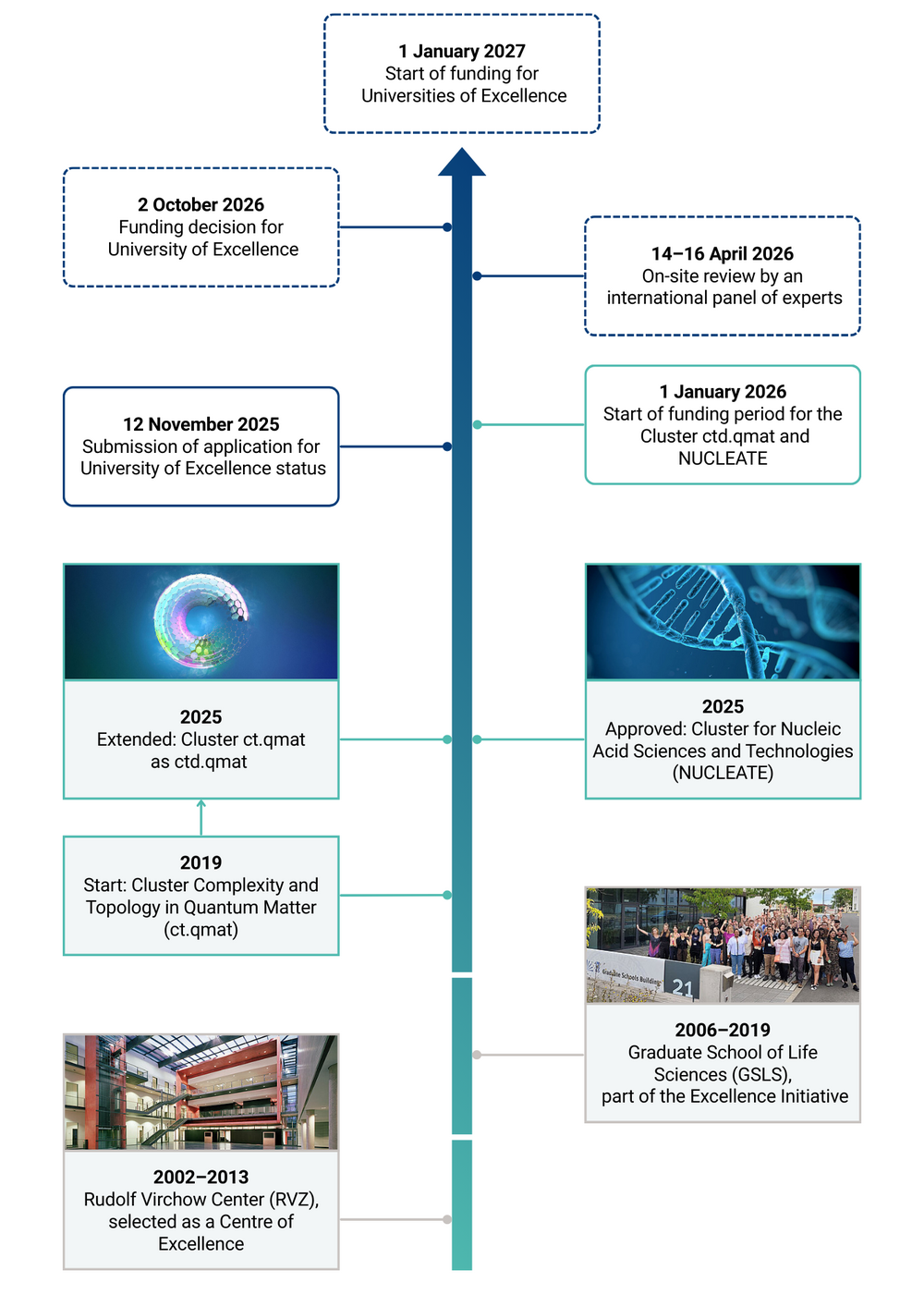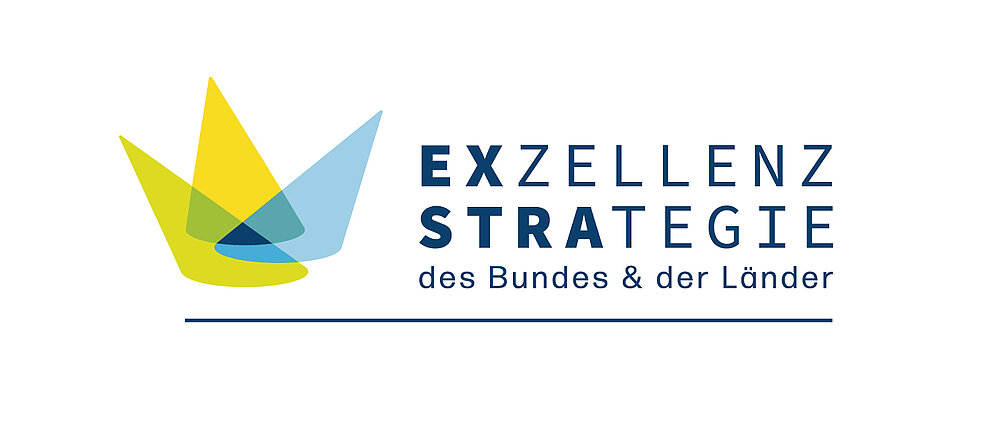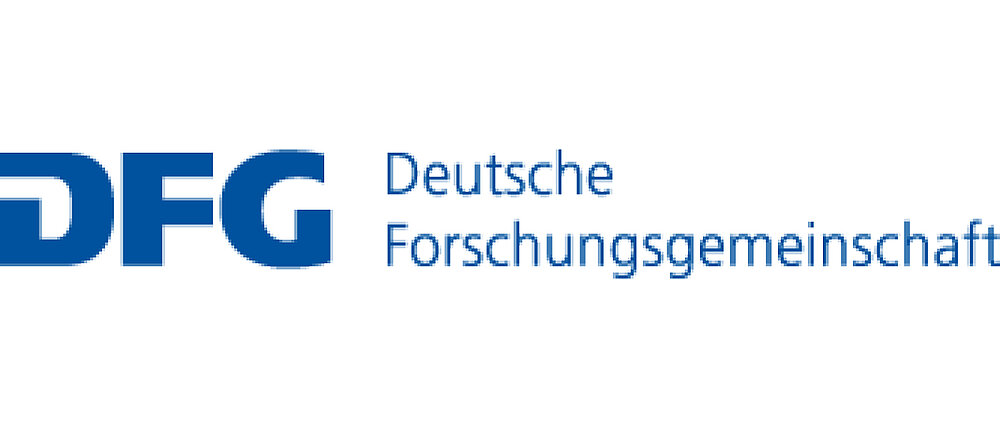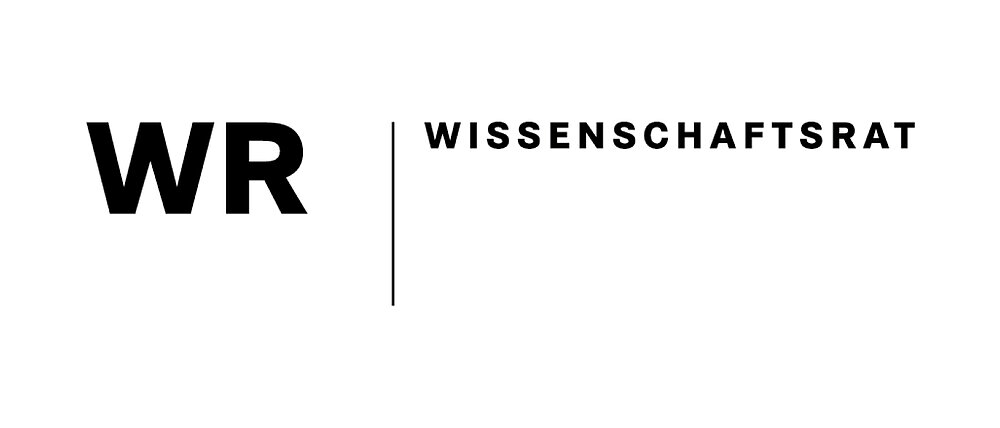The Excellence Strategy at the University of Würzburg
Being recognised as a University of Excellence would make us more visible on the international stage than ever before, it would attract outstanding talent from all over the world and put us in a position to offer them, and our students, an environment in which they can research and learn with the best. It would be a ground-breaking step.
- President Paul Pauli
Our Clusters of Excellence
In the fiercely contested competition for excellence, the University of Würzburg has been awarded two Clusters of Excellence — one in quantum physics and one in nucleic acid research. These successes provide the university with the opportunity to be included in the circle of German Universities of Excellence.
On the Way towards University of Excellence Status
By acquiring two Clusters of Excellence, the University of Würzburg has qualified to compete for the title of University of Excellence (ExU) — as the only Bavarian university alongside LMU and TUM. In this funding line, the focus is no longer on individual research projects. Being awarded the title of University of Excellence would be the biggest milestone to date for the university in a series of excellent successes.
More about the Rudolf Virchow Centre and more about the Graduate School of Life Sciences (GSLS).
The Excellence Strategy is a federal and state government programme to promote scientific excellence and research cooperation between universities.
The programme comprises the two funding lines Clusters of Excellence and Universities of Excellence. JMU has been successful in all funding rounds since the start of the Excellence Competition.
JMU has acquired two Clusters of Excellence for the 2026–2032 funding period. The new research project NUCLEATE and the continuation of the Cluster of Excellence ctd.qmat were awarded funding, opening up the path to becoming a University of Excellence.
JMU sees its participation in the Excellence Competition as an important driving force behind the development of its university.
The Excellence Strategy is jointly implemented by the German Research Foundation (DFG) and the German Council of Science and Humanities (WR).
DFG: Excellence Strategy of the Federal and State Governments

